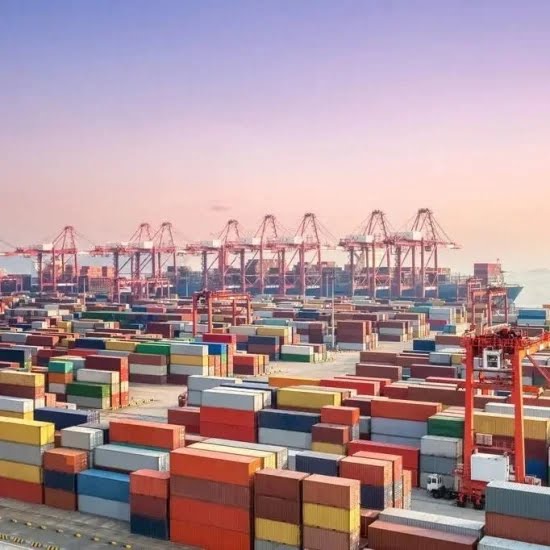
In today’s interconnected economy, international logistics is the backbone of global commerce. Freight forwarding, combined with specialized services like LCL shipping, air freight, and railway transport, empowers businesses to navigate complex supply chains while balancing cost, speed, and reliability. Let’s explore how these modalities shape modern trade.
Freight Forwarding: The Catalyst of Global Logistics
Freight forwarders act as strategic partners, orchestrating end – to – end logistics operations. Their expertise spans customs compliance, documentation, and carrier coordination. By analyzing market trends and carrier performance, they design customized solutions that align with clients’ goals. For instance, they might route a shipment through a less congested port to avoid delays or secure bulk discounts for high – volume clients. In an era of shifting trade policies, their ability to adapt to regulatory changes ensures seamless cross – border movement.
LCL Shipping: Affordable Solutions for Smaller Shipments
Less – than – Container Load (LCL) shipping is a game – changer for SMEs. By consolidating multiple shipments into shared containers, it reduces costs while maintaining flexibility. Key advantages include:
- Cost Efficiency: Shared container space lowers per – unit shipping expenses.
- Scalability: Ideal for seasonal goods or test market launches.
- Global Reach: Access to major ports worldwide through established LCL networks.
However, transit times can vary due to consolidation processes, making advance planning critical.
Air Freight: Speed and Precision for High – Value Cargo
Air freight remains unrivaled for urgent or valuable shipments. Its benefits include:
- Rapid Transit: Deliveries within 1 – 5 days for intercontinental routes.
- Security: Stringent handling protocols minimize damage and theft risks.
- Predictability: Fixed schedules and direct flights reduce delays.
While costs are higher, the ROI is significant for industries like pharmaceuticals, electronics, and fashion. Emerging trends like e – commerce express shipping further highlight its importance.
Railway Transport: Sustainable and Stable Land – Based Solutions
Railway transport is gaining traction as a greener alternative for bulk and non – perishable goods. Key strengths include:
- Environmental Friendliness: Reduces carbon emissions compared to road transport.
- Cost – Effectiveness: Competitive rates for long – haul, high – volume shipments.
- Reliability: Weather – resistant compared to maritime routes.
Initiatives like the China – Europe Railway Express demonstrate its potential, though challenges like gauge differences and border processing persist.
Choosing the Optimal Logistics Mix
No single modality fits all scenarios. Successful logistics strategies involve:
1. Cargo Analysis: Match transport speed with product value (e.g., air for electronics vs. rail for machinery).
2. Risk Assessment: Factor in geopolitical risks, port congestion, and climate events.
3. Cost – Benefit Analysis: Balance upfront expenses with long – term savings (e.g., LCL vs. FCL for recurring shipments).
4. Digital Tools: Leverage tracking platforms and AI analytics for real – time optimization.
The Future of International Logistics
Innovation continues to reshape the industry. Blockchain enhances transparency in documentation, while smart containers with IoT sensors monitor cargo conditions in transit. Additionally, hybrid solutions combining sea, air, and rail transport offer flexibility and resilience.
In a world where global competition demands agility, understanding these logistics modalities is key. By partnering with experienced freight forwarders and adopting data – driven strategies, businesses can unlock seamless international trade, ensuring their goods reach destinations efficiently, affordably, and sustainably.
Meta Description: Explore the essential roles of freight forwarding, LCL shipping, air freight, and railway transport in international logistics. Discover how to optimize your global supply chain for cost, speed, and reliability.
Keywords: international logistics solutions, freight forwarding services, LCL shipping explained, air freight advantages, railway transport benefits, global trade logistics, cost – effective shipping methods, cross – border supply chain management.
